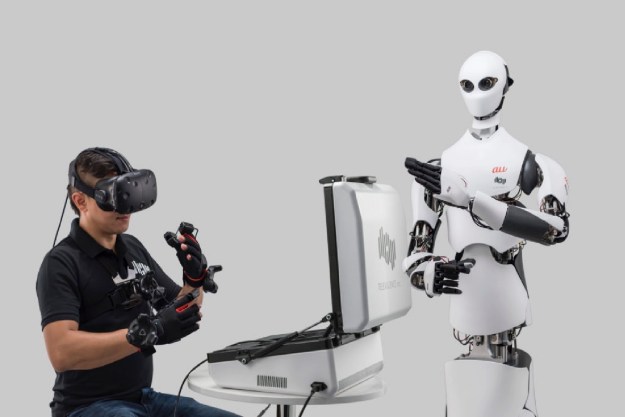UPS and healthcare company CVS Health will use drones to deliver prescription medicine to the residents of a retirement community in Florida, the companies announced Monday.
UPS subsidiary UPS Flight Forward, which is focused on drone delivery services, will be transporting prescription medicine from a CVS pharmacy to Florida’s The Villages, which has around 130,000 residents. By using drones, UPS will be able to quickly deliver time-sensitive medicine, while also maintaining social distancing efforts to help prevent the spread of the new coronavirus.
“Our new drone delivery service will help CVS provide safe and efficient deliveries of medicines to this large retirement community, enabling residents to receive medications without leaving their homes,” said UPS chief strategy and transformation officer Scott Price in a statement.
The new service for residents of The Villages will start in early May with approval from the Federal Aviation Administration. The first flights will be less than half a mile, with the deliveries to be dropped off to a nearby location for a ground vehicle to bring to each resident. The service may be expanded to include deliveries from two more CVS pharmacies within the area, if needed.
UPS and CVS announced plans to jointly explore drone deliveries last year, with the first successful delivery of prescription medicine in November from a CVS pharmacy in Cary, North Carolina.
The service will use the M2 drone system of Matternet, which has been developing its unique drone delivery system for almost a decade. Last month, it unveiled the Matternet Station, which is a dock designed to act as a departure and arrival point for deliveries.
Editors' Recommendations
- FAA gives UPS’ drone delivery efforts a big boost
- Drone delivery leader Wing plans to use quieter aircraft
- Future armies could use teams of drones and robots to storm buildings
- U.K. has plans to create aerial drone zone superhighways to contain UAV traffic
- Walmart is starting to deliver your packages by drone


